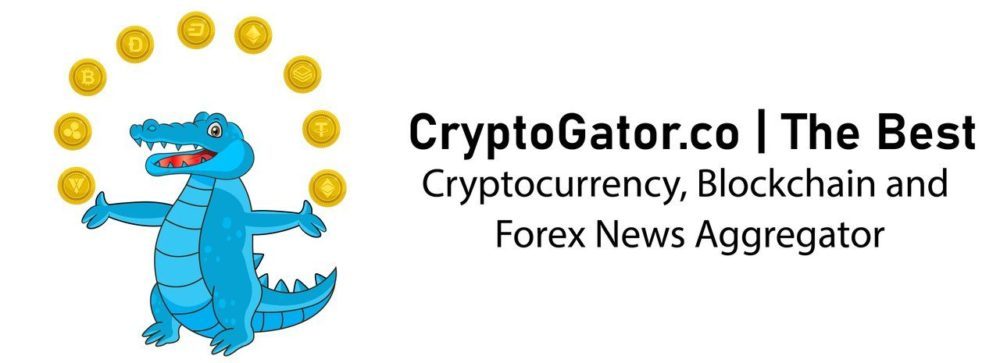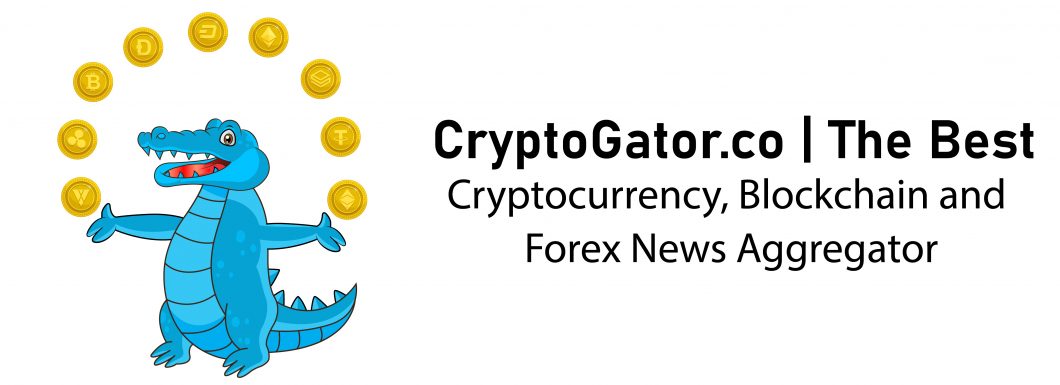<p>NFTs, or
non-fungible tokens, have grown in popularity in recent years. These digital
assets are one-of-a-kind works of art, music, and other digital content that
are frequently bought and sold for millions of dollars. </p><p>But what is it
about collecting NFTs that has piqued the interest of so many people? In this
article, we will look at the psychology of NFT collecting as well as the allure
of ownership and exclusivity. </p><p>Ownership </p><p>The sense of
ownership provided by NFT collecting is one of its primary appeals. Owning an
NFT represents a way for many people to own a unique and valuable digital asset
that they can call their own. This sense of ownership can be extremely
powerful, leading people to invest large sums of money in NFTs. </p><p>The concept of
the endowment effect underpins the psychology of ownership. This effect refers
to people’s tendency to place a higher value on an object simply because they
own it. This means that people are frequently willing to pay more for an item
they own than they would for the same item if they did not own it. </p><p>This effect is
especially strong when it comes to one-of-a-kind items, such as NFTs. Because
NFTs are one-of-a-kind, owning one can provide a sense of exclusivity and
uniqueness that other types of assets cannot match. </p><p>This sense of
ownership and exclusivity can be extremely appealing to collectors, motivating
them to invest large sums of money in NFTs. </p><p>Exclusivity </p><p>Another
important aspect of NFT collecting is the sense of exclusivity it offers.
Because NFTs are one-of-a-kind and frequently extremely valuable, owning one
can provide a sense of prestige and status that is difficult to achieve with
other types of assets. </p><p>This sense of
exclusivity can be extremely powerful, leading people to invest large sums of money
in NFTs simply for the status and prestige they provide. </p><p>The psychology
of exclusivity is based on the idea of social comparison. This refers to
people’s proclivity to compare themselves to others and use those comparisons
to assess their own social standing. To put it another way, people frequently
feel compelled to compete with others in order to establish their own status
and prestige. </p><p>NFT collecting
gives people a one-of-a-kind opportunity to compete and establish their status
in a novel and exciting way. Because NFTs are unique and valuable, owning one
can provide a sense of prestige and exclusivity that other types of assets
cannot match. </p><p>This sense of
exclusivity can be extremely motivating, leading people to invest large sums of
money in NFTs simply for the social status and prestige it provides. </p><p>FOMO </p><p>Another
important psychological factor driving NFT collecting is FOMO, or fear of
missing out. FOMO is the anxiety that people feel when they believe they are
missing out on an opportunity or experience that others are taking advantage
of. </p><p>FOMO can be extremely
powerful in the context of NFT collecting, leading people to invest large sums
of money in NFTs simply because they are afraid of missing out on a valuable
and unique asset. </p><p><a href=”https://www.financemagnates.com/cryptocurrency/nfts-why-hype-beats-completion/” target=”_blank” rel=”follow”>FOMO psychology</a> is based on the concept of loss aversion. This refers to people’s proclivity to
feel more pain when they lose something than pleasure when they gain something.
In other words, the fear of missing out on an opportunity often motivates
people more than the potential for gain. </p><p>This can be
extremely powerful in the context of NFT collecting, as people are frequently
motivated to invest large sums of money simply because they are afraid of
missing out on a valuable and unique asset. </p><p>This fear of
missing out can be motivated by a number of factors, such as the perceived
exclusivity and prestige associated with owning an NFT, the buzz surrounding a
specific NFT, or the fear that the price of an NFT will skyrocket in the
future. </p><p>The
Marketing Role </p><p>Of course, the
psychology of NFT collecting is only one side of the coin. The role of
marketing is another important factor driving the popularity of NFTs. NFT
creators and platforms have done an excellent job of generating interest and
excitement about these digital assets, leveraging social media and other
marketing channels. </p><p>When it comes
to the sense of exclusivity and ownership that these assets provide, the role
of marketing in NFT collecting is especially important. Creators and platforms
can create a sense of exclusivity and scarcity around specific NFTs, motivating
people to invest significant sums of money in these digital assets. </p><p>Similarly,
marketing can help to build a sense of ownership and emotional attachment
around specific NFTs and their creators, motivating people to invest in these
assets. </p><p>How Marketing Is Leveraging NFTs to Reach Higher Engagement Rates</p><p>In recent
years, NFTs or non-fungible tokens have become a popular topic in the world of
digital art and collectibles. However, their use cases extend beyond just the
art world. Marketing departments can also leverage the unique features of NFTs
to engage people with their companies and create a deeper connection with their
brand.</p><p>Here are some
ways marketing departments can use NFTs to make people more engaged with their
companies:</p><p>Rewarding
loyal customers with exclusive NFTs</p><p>Marketing
departments can create exclusive NFTs that are only available to their most
loyal customers. These NFTs can represent a token of appreciation for their
loyalty and can be used as a badge of honor within the company’s community. For
example, a company that sells sneakers can create an NFT that represents a
limited edition sneaker that only their most loyal customers can own.</p><p>Creating
limited edition NFTs for special events</p><p>Marketing
departments can create limited edition NFTs for special events such as product
launches, company milestones, or industry conferences. These NFTs can serve as
collectibles and souvenirs that attendees can take home with them to remember
the event. Additionally, these NFTs can be auctioned off after the event,
creating a sense of exclusivity and scarcity that can drive up demand.</p><p>Using NFTs
to gamify customer engagement</p><p>Marketing
departments can create interactive experiences that use NFTs to gamify customer
engagement. For example, a company can create a scavenger hunt where customers
must collect different NFTs that represent different products or services. The
customer with the complete set of NFTs can win a prize, such as a discount or a
free product.</p><p>Creating
NFTs for social media campaigns</p><p>Marketing
departments can create NFTs that are specifically designed for social media
campaigns. These NFTs can be shared on social media platforms and can be used
to incentivize people to engage with the company’s social media accounts. For
example, a company can create an NFT that can only be obtained by sharing a
post on Instagram or Twitter that promotes the company’s products or services.</p><p>Conclusion </p><p>NFT collecting
is a fascinating and complex phenomenon that is influenced by a number of
psychological factors. There are numerous reasons why people are willing to
invest significant sums of money in NFTs, ranging from the sense of ownership
and exclusivity that these assets provide to the fear of missing out on a
valuable opportunity. </p><p>Of course, when
it comes to the popularity of NFT collecting, the role of marketing cannot be
overlooked. Marketing can help to drive interest and investment by creating
buzz and excitement around specific NFTs, as well as build a sense of
exclusivity and ownership that motivates people to invest in these assets. </p><p>Overall, the
psychology of NFT collecting is an enthralling and complex subject that is
likely to pique people’s interest and excitement for many years to come.
Understanding the psychology behind NFT collecting can provide valuable insights
into this exciting and rapidly evolving industry, whether you are a collector
or simply interested in the world of digital assets.</p>
This article was written by Finance Magnates Staff at www.financemagnates.com.



